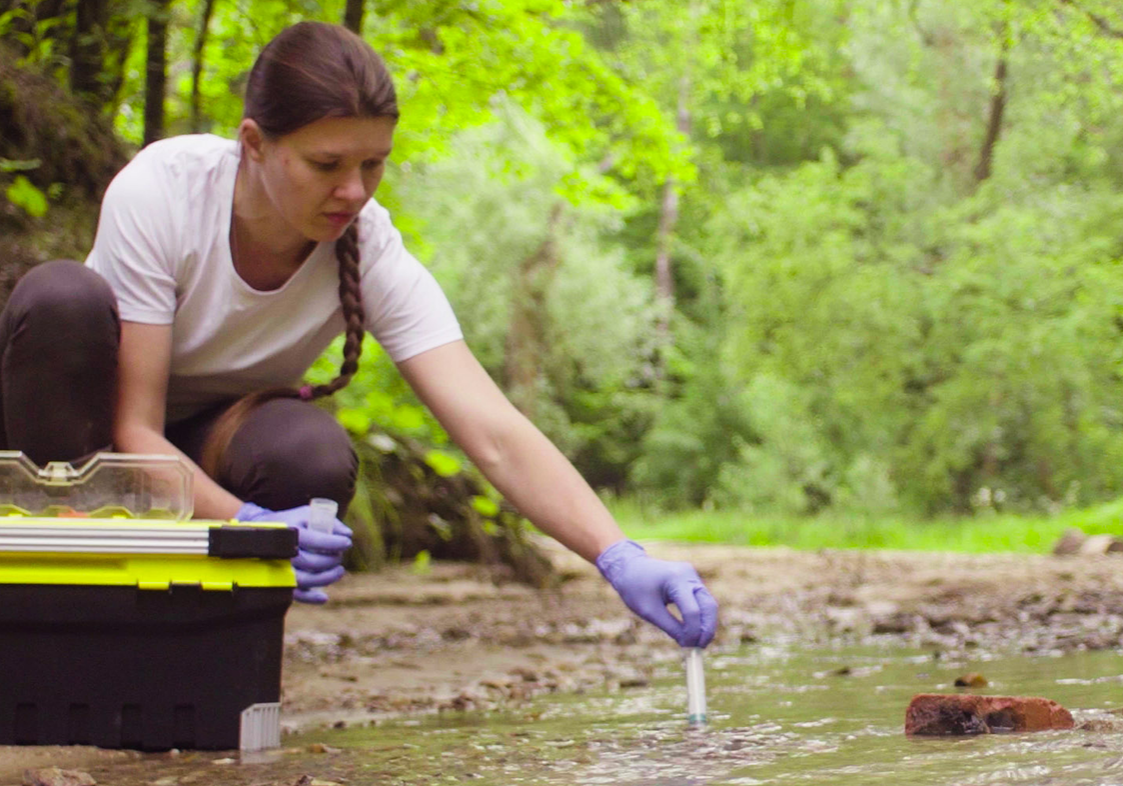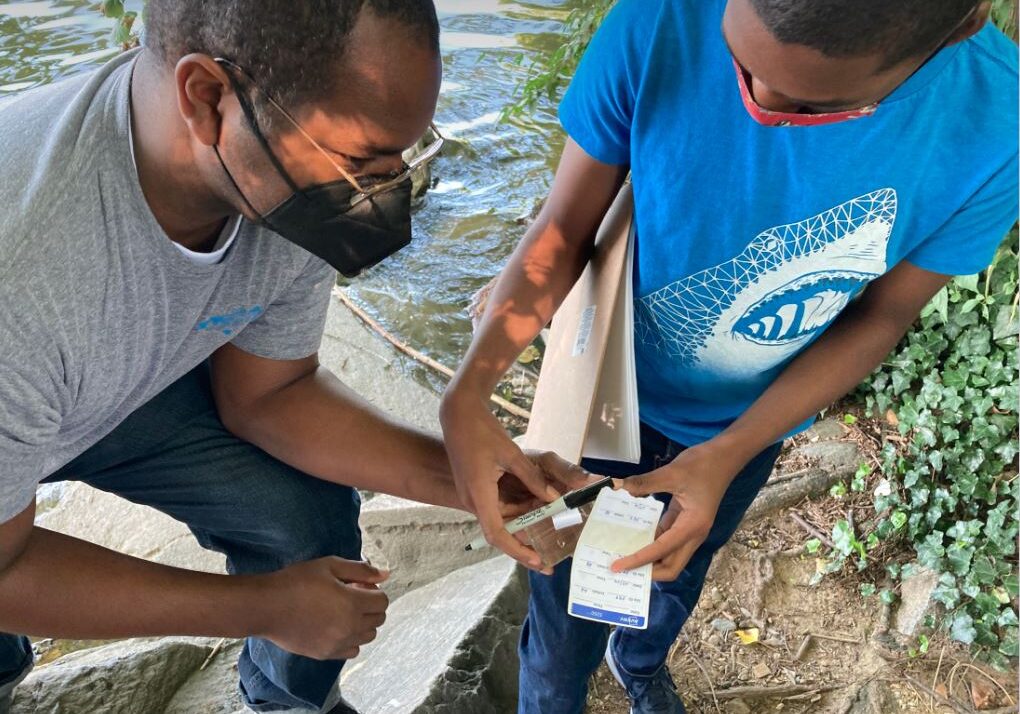Two Ways to Share Your Science
The Community Science Exchange is home to the Community Science journal and the Hub.

The Hub
An editor-vetted and authenticated multimedia resource center for people from all kinds of professional and community backgrounds to learn about, engage in and share the processes, impressions and results of community science.

Peer Reviewed Journals
The Community Science Exchange publishes the journal Community Science and is proud to partner with the journal Citizen Science: Theory and Practice.
Hub Submission Guidelines
Please use the Hub submission form to share content. If your submission seems better suited for the journal, our editorial board will offer guidance accordingly. See below for guidance on the types of submissions welcomed by the Hub. If none of these materials seem right for your project feel free to contact the editors directly at communitysci@agu.org.
Format: Materials can be in any format: written, audio, video, graphic novel-style, even artistic representations.
Style: Submissions should be prepared for a broad audience that includes scientists, researchers, community members, practitioners, and people who apply science in local decisions and planning. Strive for a style that is approachable, clear and readily accessible to the public.
Guidelines: Please read through these guidelines prior to submitting materials. Documents or other materials should contain a clear description of the work, including the following elements.
- Clearly define the community or communities of reference. Community description should include community role(s): partners, actual users, advisors, or potential users. In the case of work with/in marginalized or sovereign Indigenous communities, evidence that the submission was discussed and approved (e.g., a tribal IRB, signed memorandum of agreement, or letter from relevant authorities indicating permission to publish) must be included.
- Describe the science and/or the local knowledge basis for the work.
- Outline the roles of the scientists and community members in developing, using, testing, evaluating and/or disseminating the work. Communities may be partners, advisors, users or potential users.
- Specify how the work contributed to both scientific and community outcomes. If appropriate, describe the broader policy impacts.
- Tools and methods (e.g., guidelines, surveys or other ways of collecting data, software applications) should include an illustrative example or case study that describes how they were used in and by communities or how they could be used.
- If the materials have not yet been used by communities at any level, but are directly community-relevant, the description should include which types of communities might use the material, how it would/could be used, and specifically under what circumstances.
- All tools and methods, including those located elsewhere on the internet, should be free and publicly available in an accessible permanent place/space.
- In addition to listed authors, contact information for any other persons needed to use or fully interpret the materials (e.g., key community, technical or topical science, and other user/developers) should be provided.
Submission Types
REVIEW PROCESS
The Deputy Editor in Chief for the Hub will assign all content-appropriate and complete materials to two Community Science Exchange editors for review. At least one additional reviewer with content-, community- and/or approach-appropriate lived expertise will be recruited. Authors may be asked to revise their submissions according to reviewer suggestions.
Accepted submissions will be uploaded to the Hub. The corresponding author will receive a letter of acceptance indicating material location on the Hub, search tags and citation instructions.
About Us
The Community Science Exchange is a platform led by a coalition of partner societies, launched for elevating, sharing, and expanding the reach of science performed by, for, and with communities.
Contact
communitysci@agu.org
